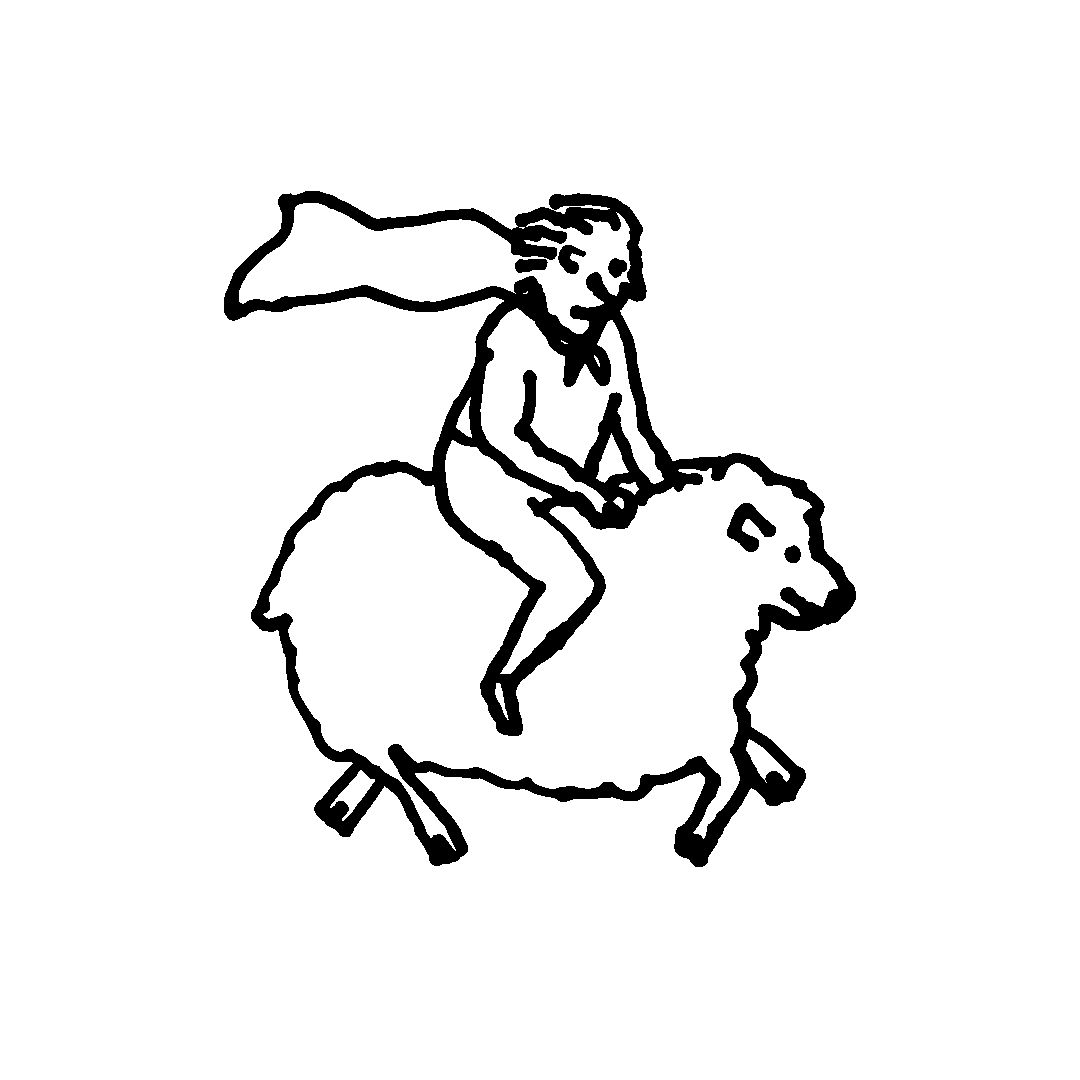Merino Wool
- Ultra-fine softness with fibers often under 20 microns. Softer than traditional wool, finer than human hair.
- Breathable, temperature-regulating, and naturally elastic.
- Moisture-wicking and odour-resistant — wear more, wash less.
- Renewable. Biodegradable. Lower impact than most conventional fibres.
- Sourcing matters as wool production naturally releases methane. Ours is sourced from regenerative farms, where improved grazing and soil management help draw down more carbon than the animals emit.
Performs like a technical fibre. Feels like luxury. Ends where it began — in nature.
Discover Regenerative Merino Wool
Cotton
- Familiar. Breathable. Easygoing.
- Softens with age, wrinkles with life.
- Soaks up odour and moisture — meaning more washes.
- Traditional cotton can drink up to 10,000 litres of water per kilo (WWF).
- Farming methods matter — monoculture and pesticides can deplete soil health.
A familiar staple with a heavy environmental footprint.
Not all cotton is created equal — that’s why we use Good Earth Cotton®. Farmed regeneratively to rebuild soil, use water smarter, and store more carbon where it belongs: underground.
Cashmere
- Soft. Exceptionally so with fibres as fine as 14-16 microns.
- Luxurious handfeel but prone to pilling and wear over time.
- Limited supply and high demand drive prices up.
- Intensive grazing can damage fragile ecosystems like Mongolian grasslands, causing desertification (UNEP).
Softness, with a hidden cost.
Hemp
- Tough. Breathable. Naturally UV-resistant.
- Low water usage, no need for pesticides.
- Coarse at first but softens with wear.
- Best for heavy weaves — less common for fine knits.
A fibre with promise. More rugged and resilient than soft and refined.
Polyester
- Durable, cheap, wrinkle-resistant.
- Traps odour and can feel clammy against the skin.
- Every wash sheds microplastics into waterways.
- Virgin polyester is fossil-fuel based, using ~9.5kg CO₂ per kg produced (Textile Exchange).
- Recycled polyester (often made from PET bottles) takes plastic out of circular recycling — breaking the loop instead of closing it.
- Not biodegradable. Sticks around for centuries.
Plastic performance. No luxury. No future.
Nylon
- Stretchy and durable, activewear’s favourite.
- Non-absorbent — clammy, smelly and needs frequent washing.
- Sheds microplastics with every wash.
- Relies on fossil fuels for creation. Energy intensive. Petrochemical-heavy.
- Non-biodegradable. Waste can remain in landfills and ecosystems for generations.
Tough on your clothes. Tougher on the planet.
Acrylic
- Lightweight and warm — often used as a wool substitute.
- Made from energy intensive fossil fuels.
- Prone to pilling and wear.
- Non-biodegradable and difficult to recycle.
Short-term saving. Costly for the earth.








